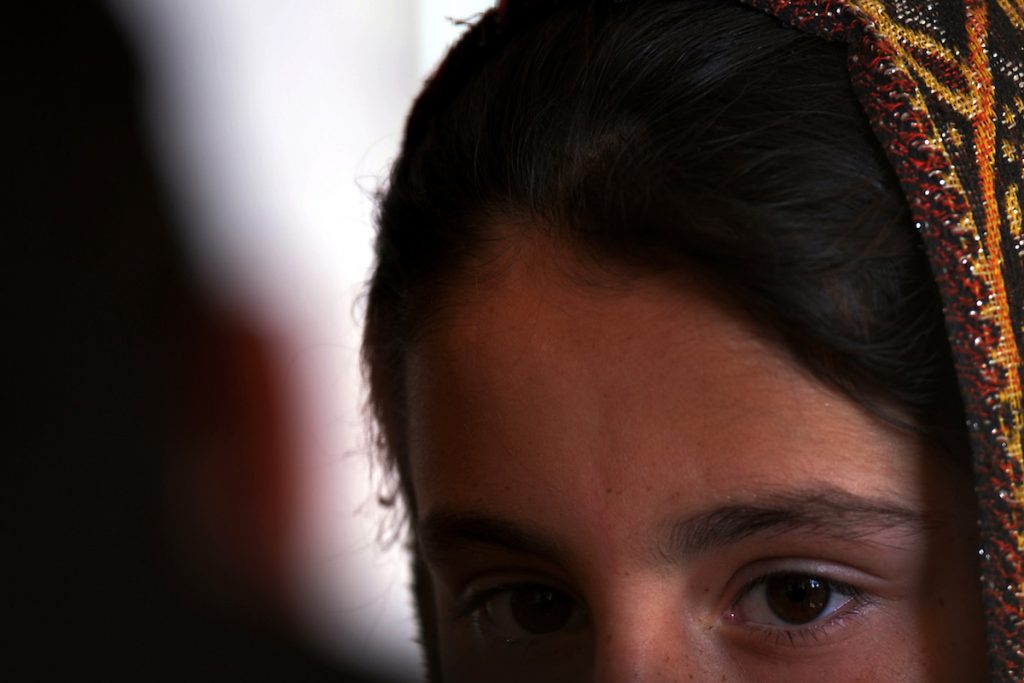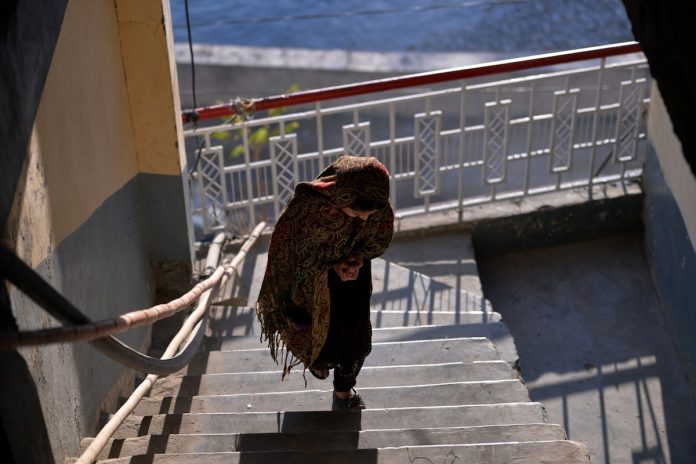Faith-based and human rights organizations have called on the government of Pakistan to protect non-Muslim children from grave human rights abuses, including forced marriage, rape, and even prostitution.
Michelle Chaudhry, president of The Cecil and Iris Foundation, said discrimination against non-Muslim women in Pakistan, particularly underage Christian and Hindu girls, is “on a dangerous rise.”
Chaudhry said the girls become victims of abduction and are subjected to forced conversion, forced marriage, rape, and even prostitution.
“All of this takes place in an environment of impunity,” said Chaudhry. “As in most cases the abductors are those who are closely associated with influential people of their areas,” she said.
Mervyn Thomas, president and founder of Christian Solidarity Worldwide (CSW), said the abduction of children from their families “is absolutely horrifying.”
He said the lives and the future of the abducted girls “are robbed” leaving them with “no hope or opportunity to enjoy their fundamental human rights.”
The groups issued the call after a 14-year-old Christian girl who was abducted, forcibly married, and raped repeatedly, escaped from her kidnapper.
Last month, Maira Shahbaz managed to escape from her 28-year-old abductor identified as Mohamad Nakash.
On April 28, Shahbaz was abducted at gunpoint and forced to marry Nakash in the Faisalabad district in Punjab province.
Nakash presented a fake marriage certificate, dated Oct. 25, 2019, claiming that the girl was already 19 years of age at the time of the alleged marriage and that she consented to the union.
On July 28, the Faisalabad District and Session Court dismissed Nakask’s claims and ordered the removal of the girl from the abductor’s home.
The court also ruled that Shahbaz must remain under the care of Dar ul Aman, a women’s shelter home.
The Lahore High Court, however, overturned the decision of the lower court on Aug. 4, ruling in favor of Nakash.
The court’s decision stated that the Christian girl had willingly converted to Islam and consented to her marriage.
It dismissed the evidence supporting the claim that the girl was a minor. It also did not recognize the statements of eyewitnesses.
The high court ordered Shahbaz to return to her abductor and instructed the girl to “be a good wife.”

The group South Asia Partnership Pakistan reported that more than 1,000 Christian and Hindu girls “are abducted, forced into marriage, and raped each year.”
Most of these girls suffer mistreatment and abuse in the hands of their abductors. The victims are rarely returned to their families.
Chaudhry said Shahbaz is among the “fortunate few who were able to escape the clutches of her abductor and reach home safely.”
“All credit to this brave young girl who took the initiative to save her life,” she said, adding that the persecution of religious minorities in Pakistan is not a secret.
“The Pakistani government must look into this on an urgent basis. Accountability in such cases is pivotal,” said Chaudhry.
She claimed that there were attempts to pass laws that would protect women and children against these abuses but “religious parties are protesting against it.”
She urged the Pakistani government to “ensure” legislation aimed to criminalize “forced conversion.”
In October last year, another 14-year-old Catholic girl was abducted in Zia Colony and was forced to convert to Islam and marry a Muslim man.
The girl is now pregnant and is being held in her kidnapper’s house.
CSW’s Thomas urged the police and the judiciary “to dispense their duties with complete fairness in order to uphold the rule of law without prejudice and discrimination.”
He called on authorities to “take firm measures to investigate, prosecute, and deliver just judicial precedents that will make all minority communities in Pakistan feel confident of the organs of state.”









